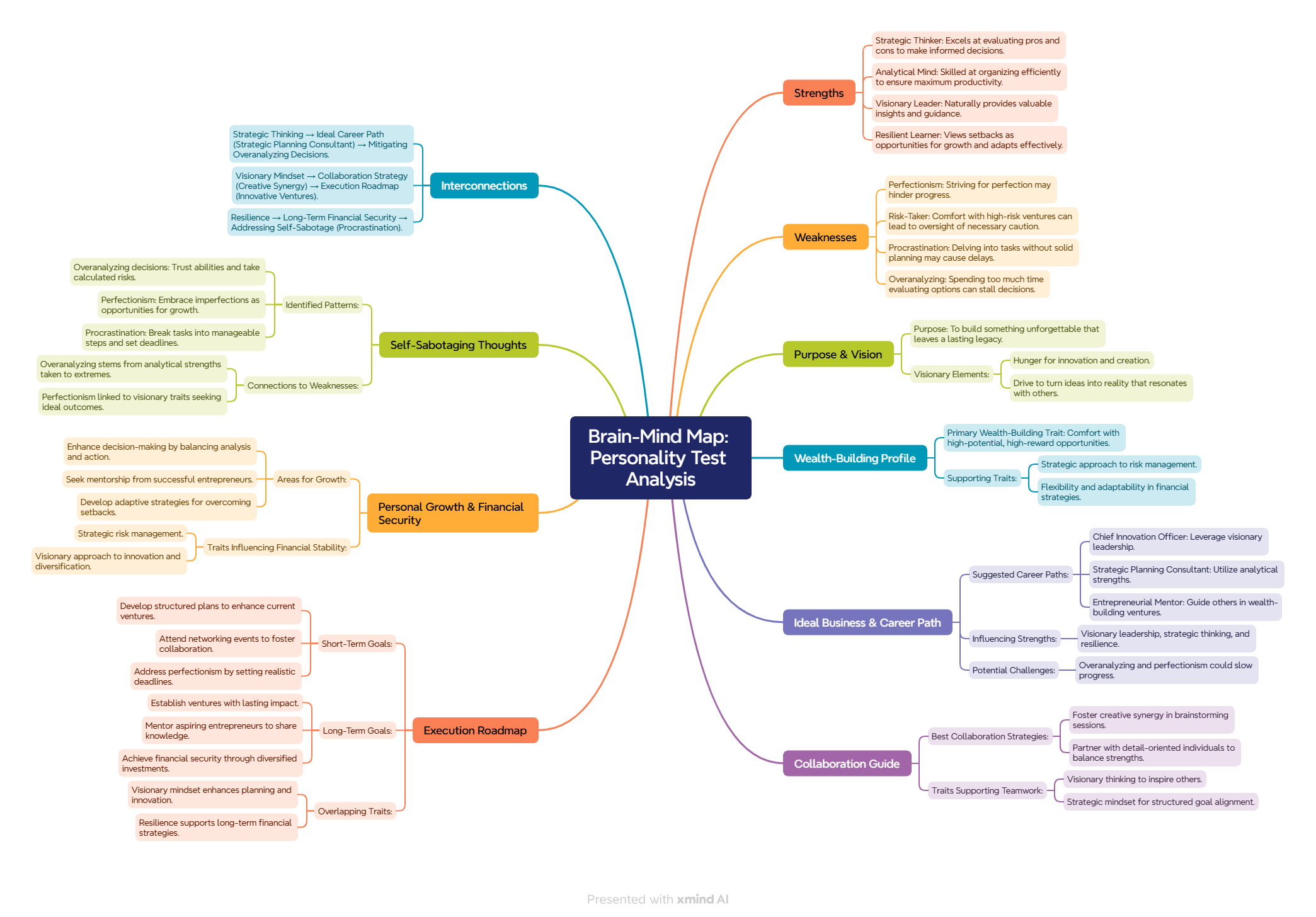The emergence of social media in the early 21st century marked a significant shift in communication and interaction. Platforms such as Facebook, Twitter, Instagram, and Snapchat have fundamentally transformed the way individuals connect, share, and present themselves. As of 2023, statistics indicate that over 4.7 billion people utilize social media globally, with users dedicating an average of more than two hours per day to these platforms. This widespread adoption has created a culture heavily oriented towards comparison.
The curated lives that users showcase on social media platforms often portray an idealized version of reality. This frequent exposure to seemingly flawless lifestyles can have psychological repercussions, fostering feelings of inadequacy and low self-esteem among observers. Studies have shown that individuals who engage more frequently with social media are at a heightened risk of experiencing anxiety and depression. The constant comparison to others’ achievements, appearances, and experiences can lead individuals to feel as though they are perpetually falling short of societal expectations.
This culture of comparison is not merely a side effect of social media; it has become an integral aspect of online interactions. As individuals scroll through their feeds, they encounter carefully selected photos, glamorous vacations, and extraordinary milestones from their peers and influencers alike. This barrage of curated content creates a distorted perception of reality, causing users to gauge their self-worth against the highlights of others’ lives. The phenomenon has been termed as “comparison culture,” reflecting a societal trend where individuals feel compelled to measure their accomplishments against those presented by others online.
In shaping our social dynamics, this comparison culture poses significant challenges, particularly for younger generations. Understanding its roots and ramifications is crucial for addressing the social media anxiety many individuals experience today.
Impact of Social Media on Self-Esteem
The advent of social media has transformed how individuals interact and perceive themselves and others. Research indicates a troubling correlation between increased social media usage and diminished self-esteem, particularly in adolescents and young adults. Numerous psychological studies have illuminated this relationship, revealing that frequent exposure to idealized images can result in feelings of inadequacy and lowered self-worth. A significant factor contributing to this phenomenon is the tendency to engage in social comparison, where individuals measure their own lives against the carefully curated highlights of their peers.
One comprehensive study published in a leading psychological journal found that individuals who spend more than two hours daily on social media platforms reported higher levels of anxiety and depression. This is attributed to the unrealistic standards perpetuated by influencers and celebrities, making it seemingly impossible for everyday users to feel content with their own lives. Additionally, participants reported feelings of envy and dissatisfaction with their own body image, particularly after viewing posts showcasing fitness, beauty, or luxurious lifestyles.










